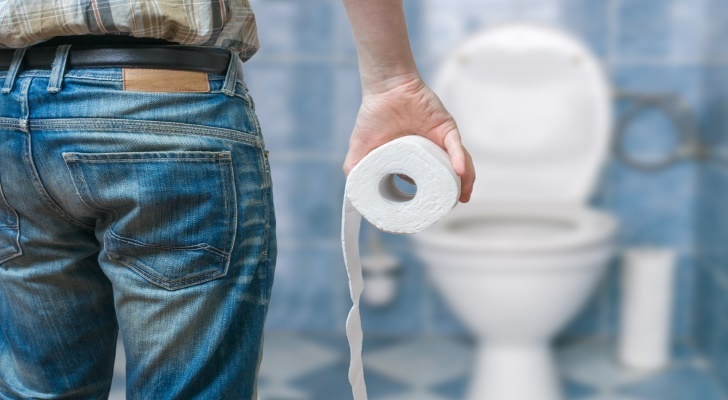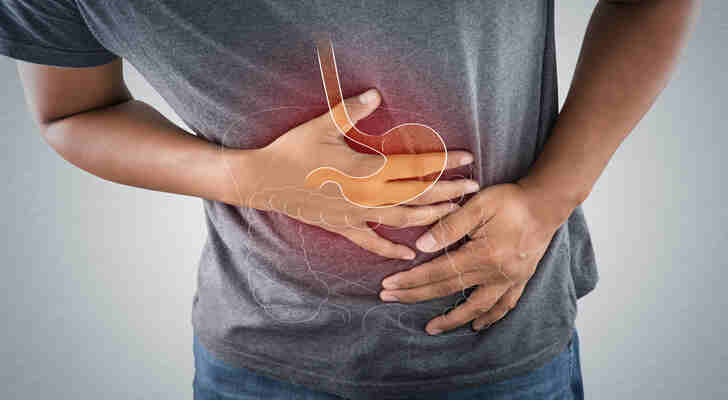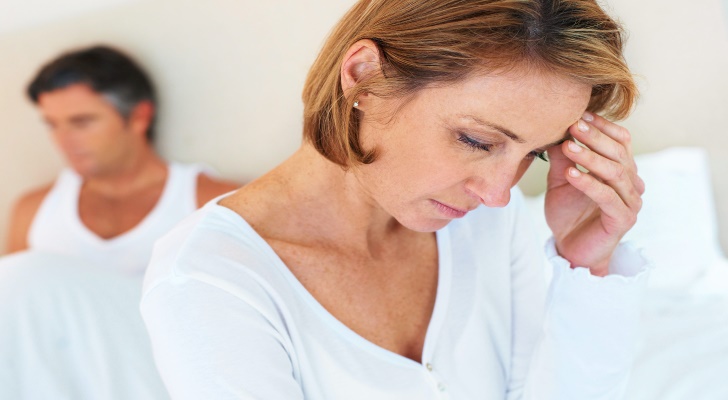10 Symptoms of Irritable Bowel Syndrome (IBS)

Diarrhea is a bothering and disturbing sign of many disorders. If you don’t manage to find the exact cause, you may be suffering from it for a while. Among all symptoms of the irritable bowel syndrome (IBS), this is the most popular sign shared by every second patient with this trouble. However, it still means that in 50% of cases diarrhea is absent. At the same time, the patients complain of many other symptoms.

The diarrhea attacks may occur in half of the cases. People cannot predict the movements of their bowel, so it is easy to get into embarrassing, confusing situation in public. It is impossible to control diarrhea attacks during the IBS. The general discomfort caused by the need to release the bowel is followed by the risks of staying without vital nutrients and liquids as diarrhea eliminates them.

An opposite symptom which is constipation is frequently met in patients. Unlike diarrhea, constipation creates obstacles on the way to freeing organism from the waste material. The inability to attend WC for days drives many people crazy just as the opposite problem. It feels like you’re full, but you can’t get rid of this fullness. In the case of IBS, the phenomenon is accompanied by painful sensation. The worst thing is to get stuck between constipation and diarrhea.

As IBS is connected with bowel’s problems, it makes sense that patients have regular pains in stomach. The majority of people suffering from IBS manage to avoid such issues as stomach pains. Others, vice versa, complain of both pains and spasms in the affected area. Patients with the progressing disorder share they feel like a knife is going through the stomach.

Distending (swelling) is another symptom of IBS. Nobody has a desire to experience bloating feeling. Once you have diarrhea or the opposite problem, be sure to face bloating as they are interrelated symptoms. As the excess gas gathers in the area around the bowel, swelling appears. Women suffer more than men because of the changes in hormonal levels.

Pain in the back might be another clue that you have IBS. Well, in some cases, the reason for a backache to appear are the abrupt body movements or damaged joints/nerves. IBS cannot be confused with rheumatism as all other symptoms must be present. It is important to see the doctor and share the symptoms to understand the true source of a problem.

Persons diagnosed with IBS feel anxious and afraid. They are not sure why there is something wrong with their bodies, which makes them almost panic. Other reasons for being shy and anxious include regular visits to water closet (their unavailability may scare off the patient), sudden health issues in public, and many possible accidents that could happen. It makes such people isolate often.

The unrestrained condition is a typical one for the patients who experience IBS. Their bowel is too irritated, so it can remind of itself at any moment. It is difficult to predict whether the evening will be safe and calm, or diarrhea/constipation will attack. Together with bladder problems, incontinent sensation may tell about IBS. Along with physical pain, the problem leads to many emotional failures.

Lack or absence of the sexual desire. Of course, a person with ongoing bowel movements like diarrhea or the opposite phenomenon cannot think about sex. He or she is afraid to embarrass the partner with a sudden call to WC. Moreover, they cannot control their organism to avoid tricky episodes. Along with such signs as bloating, gas, lower back and abdominal pain, problems with stool force the patient forget about sexual relations for some time.

You may notice the patient with IBS is not smelling good. No matter how hard he or she tries to take a shower, the odor remains. They get sweating as the result of fatigue more than other people. The smells are often accompanied by the flatulence. In addition to unpleasant smell, the patient may make unpleasant sounds too. Some patients have stomach swelling.
